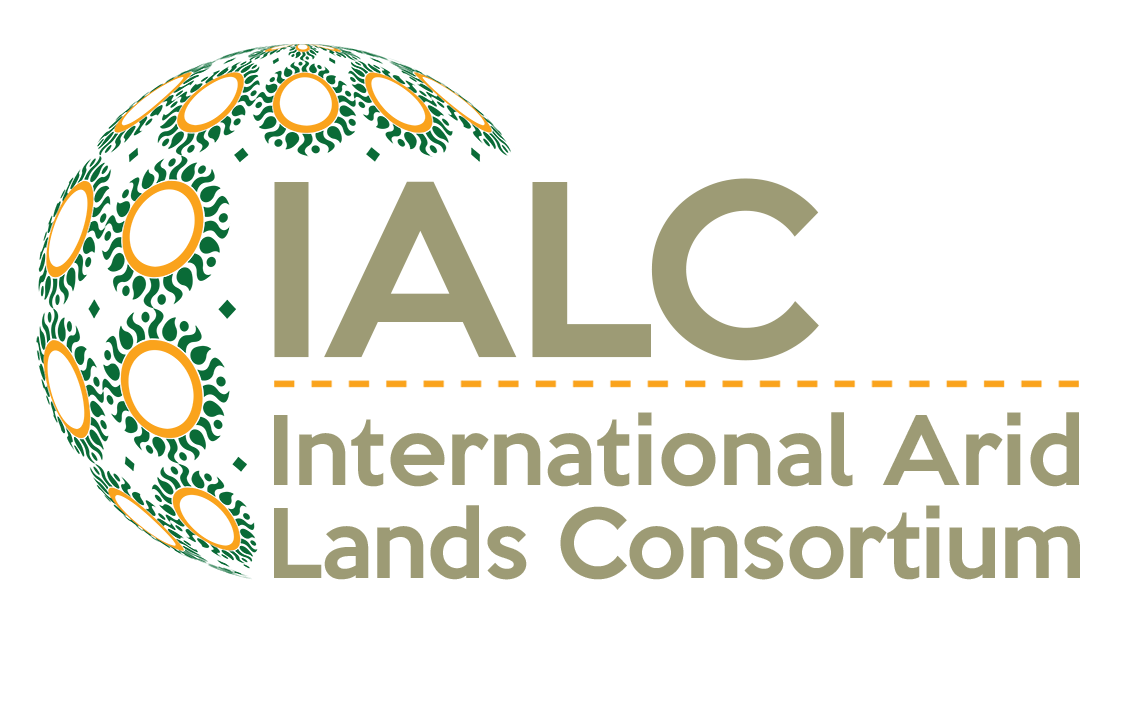Diversity, Ecology, and Reclamation Potential of Atriplex Endophytes
Investigators (most current known information)
Proposal Abstract
Conversion of perennial grasslands to degraded shrublands is a significant global concern in arid ecosystems. Restoration efforts are costly, and mere reductions of disturbances are often insufficient to halt shrub encroachment. Development of plant materials with enhanced restoration potential through breeding or generic engineering is challenged by the extreme and pulsed nature of arid habitats. Plants in the genus Atriplex are distributed across arid and saline environments worldwide and broadly valued for reclamation potential. Previously reported studies suggest endophytic microbes associated with Atriplex species may be contributing to host plant fitness. Our research also suggests that seedborne endophytes associated with Atriplex hosts may be useful for enhancing productivity of other plant species used for arid land reclamation.
Therefore the proposed project will expand on existing New Mexico studies by applying metagenomic analysis for endophyte communities associated with the host plants in-situ, and by examining endophyte compositions of phylogenetically associated plant species of Atriplex both at sites in New Mexico and similar selected sites in Jordan.
Thus this joint international research effort aims to offer biologically sound options for the reclamation of degraded arid landscapes, based on understanding the ecological significance of relevant plant-endophyte associations. It will also develop new tools applicable to restoration of degraded arid landscapes.
Outcome
No outcomes reported

